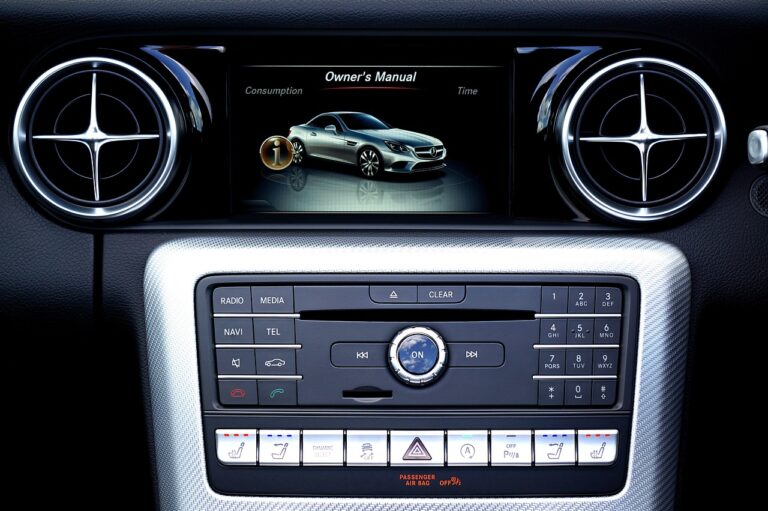The Future of Autonomous Vehicle Regulation: Legal and Ethical Considerations
Autonomous vehicle regulation presents a complex array of legal implications that are shaping the future of transportation. One key consideration is determining liability in the event of accidents involving autonomous vehicles. Are manufacturers, software developers, or even owners of the vehicles ultimately responsible in such cases? This question is at the forefront of legal discussions as the technology continues to advance.
Moreover, the issue of data privacy and protection is another crucial aspect of autonomous vehicle regulation. With the vast amount of data collected by these vehicles, ensuring the security and confidentiality of this information is paramount. Establishing clear guidelines on how data is collected, stored, and shared will be essential to safeguarding individuals’ privacy rights in the age of autonomous driving.
Potential Ethical Dilemmas in Autonomous Vehicle Development
Autonomous vehicle development raises significant ethical dilemmas that must be carefully navigated. One of the primary concerns is the issue of liability in accidents involving self-driving cars. Determining who is responsible when an autonomous vehicle is involved in a crash the manufacturer, the software developer, the owner, or another party is a complex and contentious matter that requires careful consideration.
Another ethical dilemma revolves around the programming of autonomous vehicles to make split-second decisions in potentially life-threatening situations. For instance, if a self-driving car needs to choose between hitting a pedestrian or swerving to avoid them but potentially harming the passengers inside, what decision should it make? The challenge lies in developing algorithms that prioritize human safety while also considering the broader societal implications of these choices.
Impact of Autonomous Vehicles on Traditional Insurance Models
Autonomous vehicles have been hailed as a revolutionary advancement in transportation technology, promising safer roads and reduced accidents. However, these improvements also raise questions about the future of traditional insurance models. With the shift from human drivers to automated systems, liability considerations and risk assessment in the event of accidents will need to be reevaluated by insurance companies.
The potential decrease in accidents caused by human error with the adoption of autonomous vehicles may lead to a shift in the insurance industry from individual driver policies to manufacturers or software developers bearing more responsibility. This change could alter the way insurance premiums are calculated and distributed, impacting the overall structure of traditional insurance models.
Will autonomous vehicles completely eliminate the need for traditional car insurance?
While the role of traditional car insurance may change with the rise of autonomous vehicles, it is unlikely to be completely eliminated. Autonomous vehicles may still require insurance coverage for certain risks that are not covered by the manufacturer’s warranty.
How will autonomous vehicles impact insurance premiums?
Insurance premiums for autonomous vehicles may be influenced by factors such as the level of automation, the track record of the manufacturer, and the regulatory environment. Premiums could potentially decrease due to the reduced likelihood of accidents, but could also increase due to the high cost of repairing and replacing autonomous technology.
Who would be liable in the event of an accident involving an autonomous vehicle?
Determining liability in accidents involving autonomous vehicles can be complex, as it may depend on factors such as the level of automation, the actions of the human driver (if any), and the manufacturer’s role in the accident. Legal frameworks are still evolving to address these issues.
How will traditional insurance companies adapt to the rise of autonomous vehicles?
Traditional insurance companies are likely to adapt by offering new types of coverage tailored to the risks and needs of autonomous vehicles. They may also partner with manufacturers and technology companies to provide insurance solutions for autonomous fleets.
What ethical considerations should be taken into account in the development of autonomous vehicles?
Ethical dilemmas in the development of autonomous vehicles include issues such as programming decisions in unavoidable accident scenarios, data privacy concerns, and the potential impact on jobs in the transportation industry. It is important for stakeholders to consider these ethical implications in the deployment of autonomous technology.







